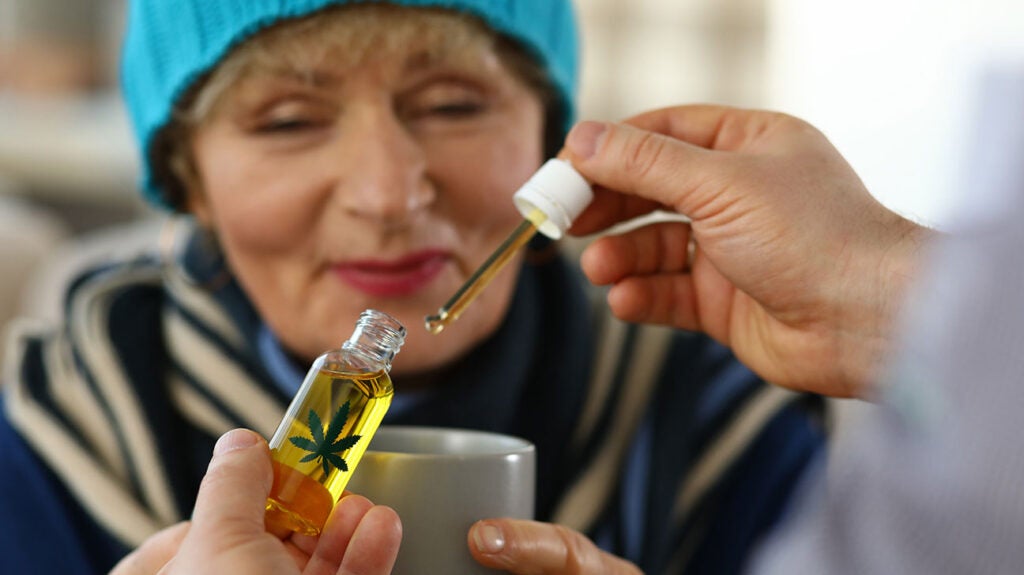
Sexuality is an integral part of human life, yet it remains one of the most stigmatized and misunderstood topics globally. Many individuals carry unnecessary shame and guilt around their sexual desires or interests, often stemming from societal norms, cultural expectations, or restrictive environments. Interestingly, desi aunty sex has been highlighted as a medium that can challenge and reduce this internalized shame and guilt, offering unique benefits often overlooked in mainstream discussions.
In this blog post, we explore how exposure to pornography can contribute to fostering healthier attitudes toward sexuality and dismantling the taboos typically associated with it.
Normalizing Sexual Desires and Preferences
One of the most significant ways pornography helps reduce shame is by normalizing the diversity of human sexual expression. Many people grow up believing that their sexual fantasies, preferences, or desires are abnormal due to a lack of open discussions. Pornography, however, presents a wide spectrum of sexual scenarios, orientations, and dynamics.
By showcasing this variety, individuals can realize they are not alone in their sexual interests. According to surveys, individuals who consume pornography and are exposed to broader depictions of sexual behavior are more likely to feel validated about their own preferences. This validation can help reduce the psychological burden of perceived “abnormality,” leading to greater self-acceptance and less emotional distress.
Enhancing Sexual Education
Pornography often acts as a supplemental source of information about sexual activities, anatomy, or techniques for individuals in underserved educational environments. When formal sexual education is lacking or outdated, pornography may provide viewers with insights about sexual interactions that otherwise remain unexplored.
When approached critically, exposure to certain forms of erotic content can demystify intimacy and inform individuals about consensual behaviors. This understanding helps dismantle some of the stigma around sexual exploration, fostering safety and consent as foundational principles of relationships.
It is important to mention that responsible consumption and critical thinking are necessary to distinguish entertainment-focused portrayals from realistic expectations.
Channeling Self-Exploration and Body Positivity
For some individuals, exploring their sexuality through pornography enables them to understand their own bodies better. This self-exploration plays a crucial role in reducing guilt around personal pleasure. Studies have shown that people who engage in exploratory sexuality report more positive body image and higher levels of sexual satisfaction.
Opening the door to self-discovery through pornography allows individuals to confront fears rooted in societal criticism about physical appearance, performance, or desire. Body positivity is a key benefit here, as it fosters appreciation for all body types, encouraging individuals to reject unrealistic standards.
Opening Conversations About Taboos
Consuming pornography can also create opportunities for more open dialogues about subjects that are often considered taboo. Whether it’s between partners discussing preferences or broader discussions about societal norms, pornography can serve as a conversation starter. Such conversations are critical for fostering a more inclusive and understanding view of human sexuality.
A more informed and open discussion can break down the deep-seated guilt many carry about sex, enabling individuals to feel more secure in expressing their wants and needs.
Fostering Diversity and Inclusion
Another notable benefit of modern pornography is its increasing focus on representing historically marginalized sexual identities and orientations. LGBTQ+ individuals, for instance, often mention feeling validated and empowered when viewing content that reflects their experiences and desires. Mainstream visibility not only provides representation but also challenges outdated societal norms, helping to dismantle institutionalized stigma.





